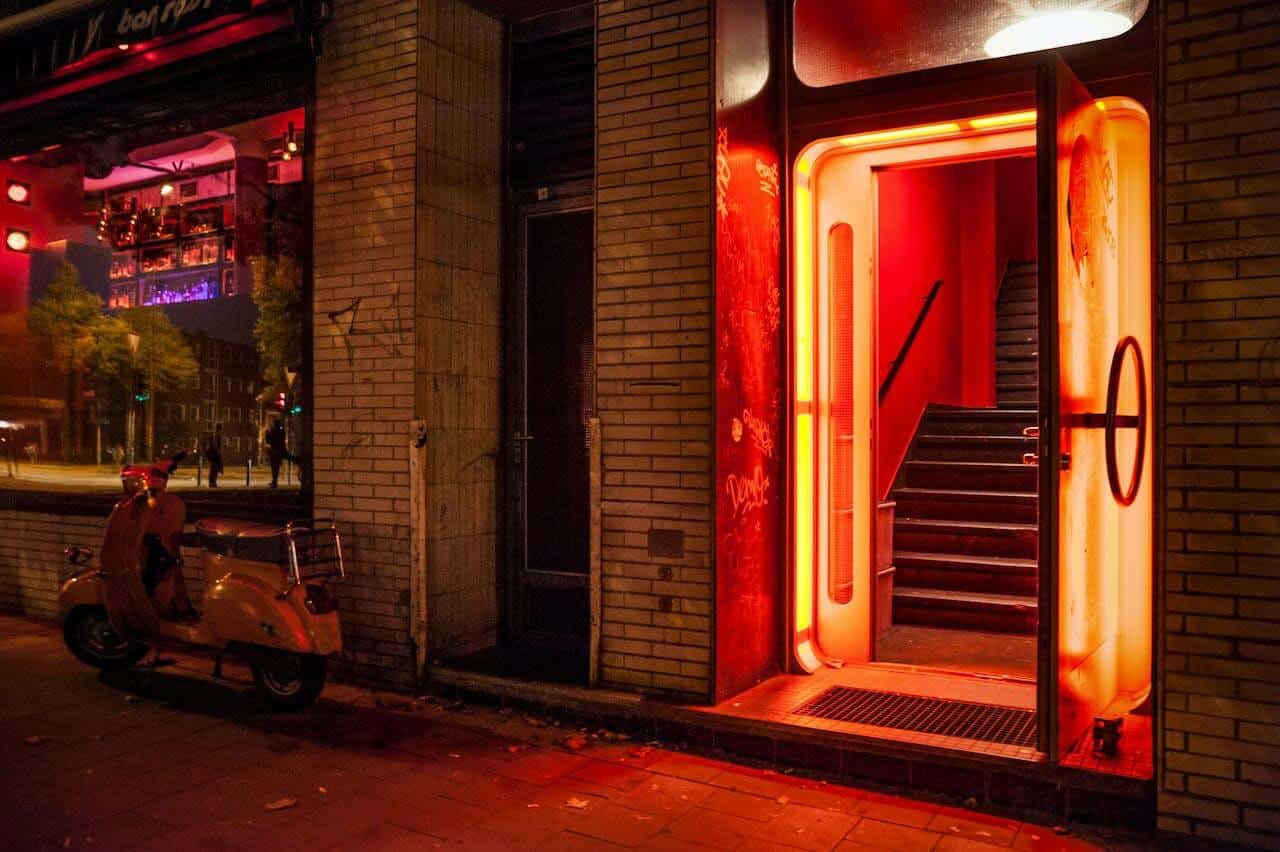If you’ve ever been scrolling the YouTube comments on a funny video, you’ll surely have come across a comment that, more or less, says something along the lines of “British humour is SO unmatched.” “Nobody does humour like the Brits.” “I wish American comedy could be this good”. And so on and so forth – you get the idea.
And while we’re not bragging (okay, maybe just a little bit) it is true that British humour is rich both in its observations and its performance, and it’s undeniable that British comedy – from Monty Python to The Office – has influenced comedians and writers from all over the world. But what makes our particular brand of funny so universal? Let’s take a look at the history of British comedy.
Early Roots of British Comedy
British comedy didn’t just pop up out of nowhere: in fact, British humour can be traced back to the medieval era, where jesters and minstrels would perform in the street (and at dedicated street shows) for money. But if we take a look at live theatre, British comedy really started to take shape during the Shakespearean era: good old Will wasn’t just about tragedies; his comedies like “A Midsummer Night’s Dream” and “Much Ado About Nothing” are chuck-full of puns, slapstick, and witty banter that still crack us up today.
British Theatre Comedy
As we moved into the 18th and 19th centuries, comedy became a staple in British theatre, with iconic playwrights like Oscar Wilde and George Bernard Shaw bringing a sharp wit to the stage with plays like “The Importance of Being Earnest” and “Pygmalion.” Consider this line from Wilde’s The Importance of Being Earnest:
“How you can sit there, calmly eating muffins when we are in this horrible trouble, I can’t make out. You seem to me to be perfectly heartless.”
While written in 1895, a line like this could easily feel at home in a modern comedy sitcom, a standup comedy night, or a recently-released funny film.
Satirical and Political Comedy
Satire and ridicule has always been a powerful tool for comedians, and the British wasted no time in using mockery and political comedy to comment on the political and social issues of the day. In the 1960s the TV show “That Was The Week That Was” was aired, where comedians would poke fun at politicians and the general establishment. This was followed later by shows like “Yes, Minister”, a 3-season politician sitcom by Antony Jay and Jonathan Lynn. And in the 80s, the iconic “Spitting Image,” first aired which ran for over 10 years until 1996, just before the election of Labour and Tony Blair. The show was then revived in 2020 to tackle the absurdities of the post-Trump, post-Brexit era, and ran until December 2021.
The Music Hall Era
It’s impossible to talk about the history of British comedy without mentioning the music hall era: music halls were popular in Victorian Britain, and might be best described as miscellaneous variety shows. Peaking in the late 19th and early 20th centuries, the music hall era was all about a mix of comedy sketches, songs, and specialty acts, such as juggling, animal acts, and even drag artists. Notable examples of music hall stars include comedians like Charlie Chaplin and Stan Laurel, both of whom cut their teeth in music halls before becoming international movie stars.
The Rise of British Television Comedy
Fast forwarding to the mid-to-late 20th century, the invention of the television changed the game for British comedy. In the 1950s and 60s, sitcoms like “Hancock’s Half Hour”, a situational comedy, and “Steptoe and Son”, a family sitcom, were increasingly popular for their relatability and their stark contrast to the more dreary aspects of British television at the time. In the 70s, the now-cult “Monty Python’s Flying Circus” aired, which ultimately redefined and changed what comedy could be. These shows were followed by 80s and 90s classics like “Blackadder,” “Fawlty Towers,” and “Absolutely Fabulous,” each of which blended situational and observational comedy with elements of the absurd.
And in the early 2000s, Ricky Gervais’ and Stephen Merchant’s groundbreaking series “The Office” was aired to almost universal acclaim. The comedy – which takes place in a trading estate in Berkshire – reflected the dreary, hyper-bureaucratic office culture of the era, striking a chord with viewers all over the world. And as of 2023, The Office (UK) is the most re-adapted TV show in history, with 13 different reiterations all over the globe.
Contemporary British Comedy
Circling back to today, and British comedy is as popular and influential as ever – and increasingly diverse. With shows like Peep Show, This Country, and The Inbetweeners, UK comics and writers don’t hesitate to challenge the norm. And the same goes for stand up comedy; from Michael McIntyre to Russell Howard, there’s no shortage of British comics to rattle up the establishment and keep the belly laughs coming.



